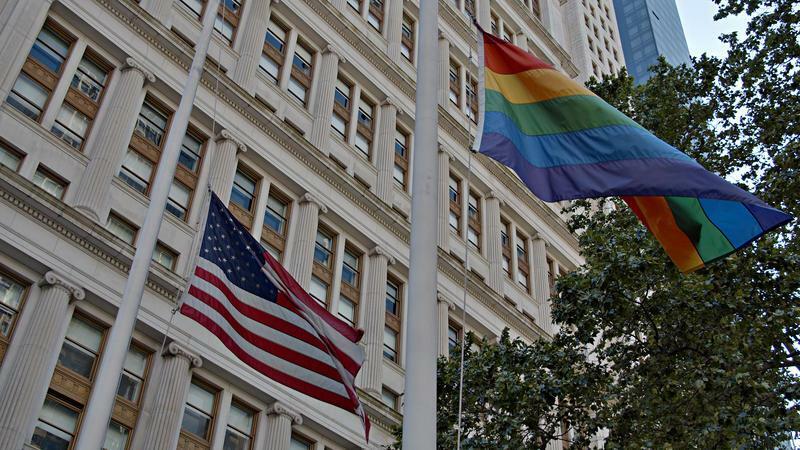Florida: The "Don't say gay" law is through
It was discussed for a long time and sometimes protested vigorously. Nevertheless, the Don't Say Gay law in Florida is now a done deal. This means that parents are now allowed to sue their children's school for talking about community issues.
Ultimately, Governor Ron DeSantis ensured that there is now an official legal basis for this type of action. This should be the case as early as July 01, 2022. Then the law will come into force. It almost seemed as if the governor's signature was being celebrated. Many families had come with their children, who supposedly need to be protected from queer content.

What exactly is behind the "don't say gay" law?
The "Don't say gay" law is simple to explain: It is designed to ensure that schools in the state of Florida can no longer discuss or talk about sexual orientation or gender identity. Elementary schools are affected. The focus is supposed to be on not confronting children with content that is "not age- or developmentally-appropriate".
A kind of indoctrination is thus to be prevented. In short: It is about same-sex love, but also about the - also in this country so often quoted - "gender ideology". Some of those who particularly support the "Don't say gay" law (and have supported its introduction) further explain that the aim is to prevent the danger of schools or teachers being able to support gender adaptations without the knowledge of the parents.
"Equality Florida" fights back
There are many people who do not see the point at all in simply accepting the "Don't say gay" law. Especially committed in this context is "Equality Florida". This is a queer organization that has already declared its opposition to the "Don't say gay" law.
The chances that they could succeed, if necessary, are not bad. Some people are already saying that the wording of the law contains one or two loopholes that could be used for their own purposes.
Not talking about queers... What's "so bad" about that, anyway?
This is a question that many people who are not part of the queer community might ask themselves. However, if you dare to look beyond your own nose, you will quickly realize that it can be quite problematic to exclude such an important topic.
How adults deal with queer people, same-sex love and tolerance often depends on their upbringing. The more open a person has been raised in this context, the more tolerant they tend to be of the LGBTQI+ community.
An important part of the educational work here is(at least usually) done by schools. However, if teachers are not allowed to talk about queers - even under threat of punishment - prejudices against this group of people may harden even further. Another problem: Students who are queer themselves are likely to be reluctant to come out. Bullying in everyday life becomes tangible for them in that they are told that it is not okay how they are.
In short: The latest "Don't say gay" law shows once again how multifaceted and how harmful (even in the long run) intolerance can be in everyday life. The hope of many queers now lies in the activists who are already working to get the whole thing repealed as quickly as possible.